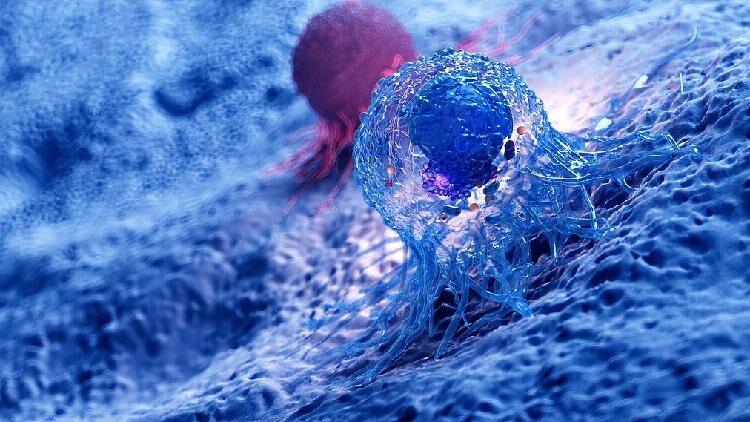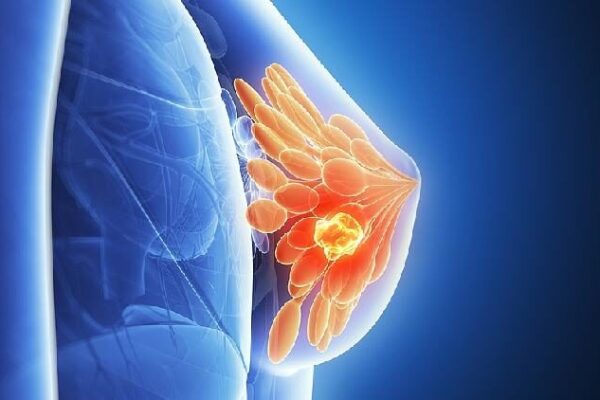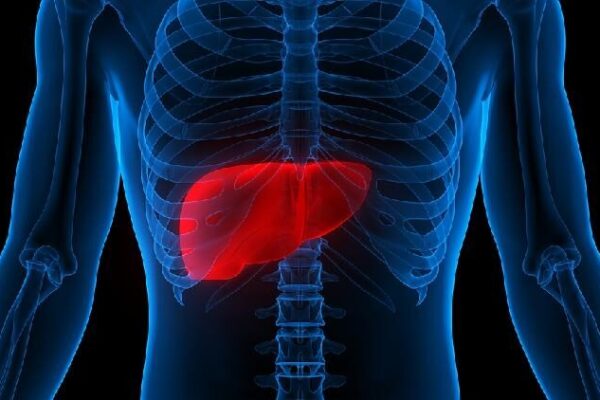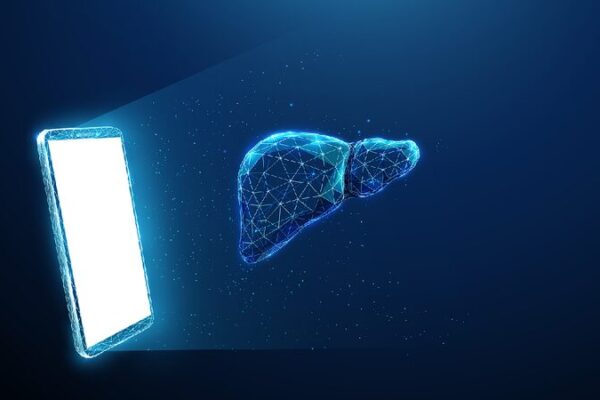Scientists have unveiled a groundbreaking discovery that could revolutionize our understanding of how cells defend against cancer. Researchers from the Children’s Medical Research Institute (CMRI) in Sydney have found that telomeres—the protective caps at the ends of chromosomes—play an active role in preventing cancer by responding to stress within cells.
“Most people think of telomeres as passive entities that shorten as cells divide, leading to aging,” explained Tony Cesare from the Genome Integrity Unit at CMRI. “Our data shows telomeres are much more active. They can acutely respond to stress and actively open up to turn on a cellular response that looks like aging. They do this to avoid cancer.”
In collaboration with scientists from the University of Kyoto, Cesare’s team discovered that telomeres not only shorten over time but actively trigger processes that prevent damaged cells from becoming cancerous. By inducing cell cycle arrest or programmed cell death, telomeres help eliminate cells with chromosomal damage before they can divide uncontrollably.
Published in the journal Nature Communications, this study sheds new light on the sophisticated mechanisms our cells use to protect us from cancer. The researchers believe this previously unknown anti-cancer function of telomeres could pave the way for innovative treatments.
“This discovery introduces a new understanding of telomere biology,” said Cesare. “Targeting telomeres to trigger cell death in cancerous cells may offer a promising therapeutic strategy.”
The findings not only deepen our knowledge of cellular aging and cancer prevention but also offer hope for developing therapies that could harness the power of telomeres to fight cancer more effectively.
Reference(s):
Scientists uncover new mechanism that defends against cancer
cgtn.com








